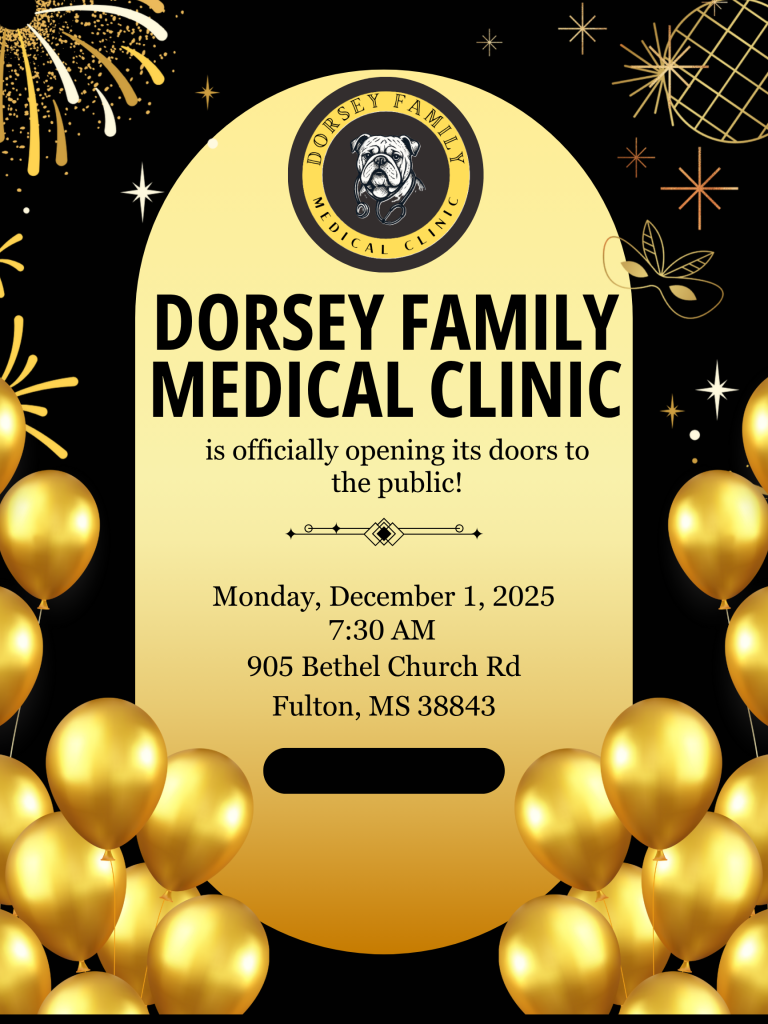Does the flu impact your risk of a heart attack or stroke? That’s the question researchers sought to answer in a recent study published in the Journal of the American Heart Association. Heart attacks and strokes increase during the winter months, which also coincides with flu season. Researchers suspected a link between the viral illness and the two deadly conditions. The results of their study confirmed their suspicions.
The flu increases the risk of both a heart attack and a stroke, though the timeline in which the conditions typically occur differ. Heart attacks are more likely to occur within the first 7-14 days of onset of acute flu illness while a stroke can still occur up to 30 days following the illness. The study did not share if participants had the flu vaccine. However, other research in the study found that incidences of heart attacks and strokes following the flu were lower in years in which the vaccine’s success rate was higher.
What You Can Do to Lower Your Risk
The study did not reveal exactly what causes the increased risk for stroke or heart attack. It’s safe to assume that if you are already at a higher risk for either condition, you need to take caution. The first step you can take is to get this year’s flu vaccine if you haven’t already. Although the flu vaccine doesn’t always prevent the virus it can shorten illness time and decrease the severity of sickness.
If you do develop flu-like illness, seek a proper diagnosis and treatment from your provider as soon as possible. If you get sick when your provider is unavailable, visit an urgent care to get immediate treatment then schedule a follow-up with your regular provider as soon as possible. Keep all of your appointments with your provider during your illness and take note of any new symptoms, particularly those that occur before a heart attack or stroke. If you begin to notice these symptoms, seek medical attention immediately. Do not wait to get help.
You can also prevent the flu and a subsequent heart attack or stroke by continuing to follow the social distancing guidelines in place for coronavirus. The possibility of developing both the flu and coronavirus at the same time is real and only increases your risk of serious illness or even death. We encourage those at a higher risk to continue to stay home until after the flu season.
Many signs pointing to an increased risk for heart attack or stroke are silent and can only be detected by a provider. Your annual wellness visit is the best time for your Mantachie Rural Health Care provider to determine your risks and develop an action plan. Click here to request your annual exam today.


